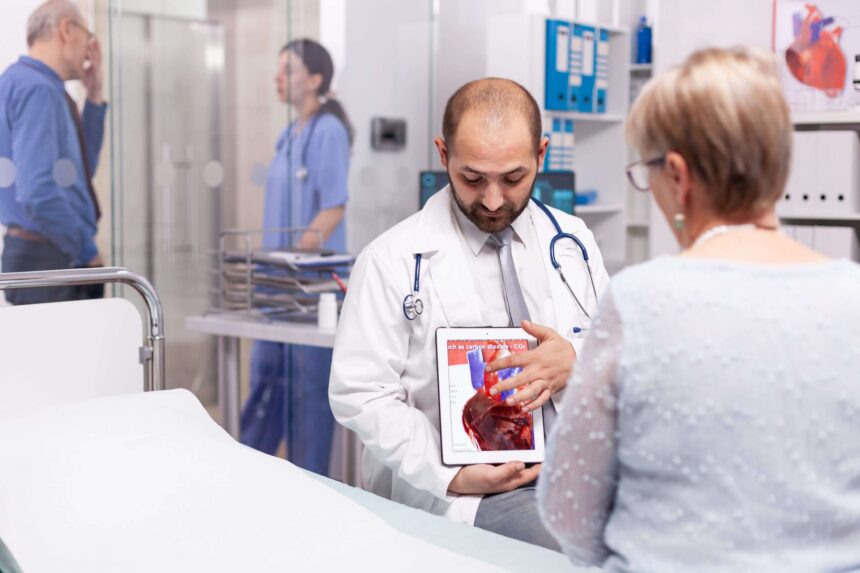A colonoscopy is a medical procedure that allows doctors to examine the inside of your large intestine and rectum. This diagnostic tool plays a significant role in detecting various gastrointestinal conditions and preventing colorectal cancer. Understanding what this procedure involves can help you prepare and make informed decisions about your health.
What Is a Colonoscopy?
A colonoscopy is a diagnostic procedure that uses a flexible tube with a camera to examine the colon and rectum. The colonoscope, which is approximately the width of a finger, contains a light and tiny camera that transmits images to a monitor. This allows the gastroenterologist to see the lining of your large intestine in detail.
During the examination, the doctor can identify abnormal tissue, polyps, or other irregularities. If polyps are found, they can often be removed during the same procedure. The colonoscope also allows for the collection of tissue samples, if needed, for further analysis. The procedure typically takes 30 to 45 minutes to complete.
What Does It Involve?
Preparation for a colonoscopy begins a couple of days before the procedure. You will need to take powerful laxatives prescribed by your doctor. This step helps clean out your colon, allowing the doctor to see clearly during the examination.
On the day of the procedure, you will lie on your side on the examination table while the gastroenterologist gently inserts the colonoscope through your rectum. The doctor slowly advances the scope through your colon while examining the tissue on the monitor. Air may be introduced to expand the colon for better visualization. After the examination is complete, you will recover in a monitored area.
What Diseases Does It Detect?
Colonoscopy can detect several serious gastrointestinal conditions. Colorectal cancer is one of the most significant diseases identified through this screening method. The procedure may find cancerous tumors as well as precancerous polyps that may develop into cancer over time.
Inflammatory bowel diseases such as ulcerative colitis and Crohn’s disease can also be diagnosed through colonoscopy. Ulcerative colitis causes inflammation and ulcers in the lining of the large intestine and rectum. Crohn’s disease can affect any part of the digestive tract, but commonly involves the colon.
Diverticulitis is another condition that colonoscopy helps diagnose. This occurs when small pouches in the colon wall become inflamed or infected. The procedure can also detect bleeding sources, strictures, and other structural abnormalities in the colon.
What Are the Benefits?
The primary benefit of colonoscopy is its ability to detect colorectal cancer in its early stages when treatment is most effective. Early detection improves treatment outcomes. Polyp removal during colonoscopy serves as both a diagnostic and therapeutic procedure. Most colorectal cancers develop from polyps over many years, so removing these growths can prevent cancer from developing.
The procedure helps patients with gastrointestinal symptoms or a family history of colorectal conditions. It can rule out serious conditions or identify problems that need treatment. For patients with inflammatory bowel disease, regular colonoscopies help monitor disease progression and guide treatment decisions.
Schedule an Appointment Now
Colonoscopy remains a valuable procedure for colorectal cancer screening and the detection of various gastrointestinal conditions. The procedure offers benefits in terms of early detection, prevention, and treatment. Early detection through this screening method may save lives and prevent complications. Contact your gastroenterologist today to discuss whether a colonoscopy is right for you and to schedule your appointment.









